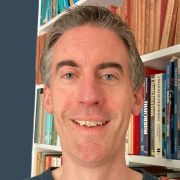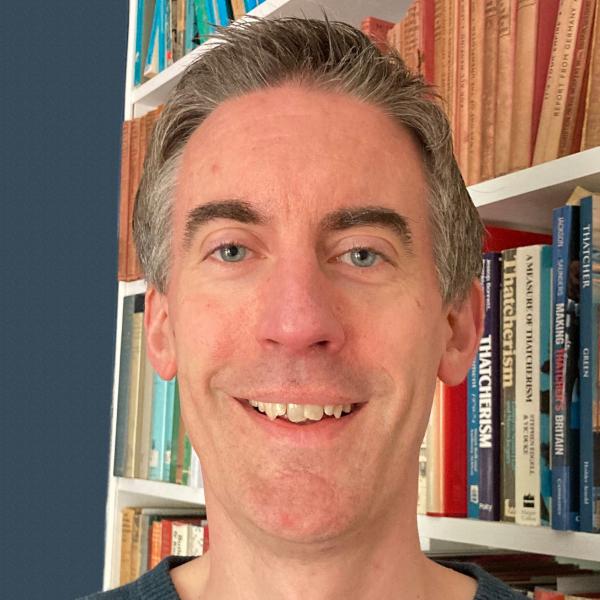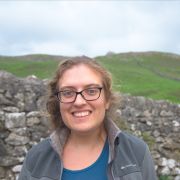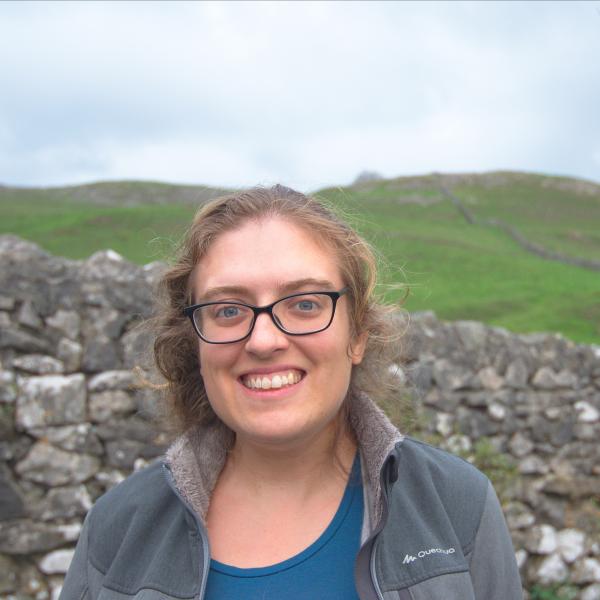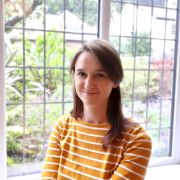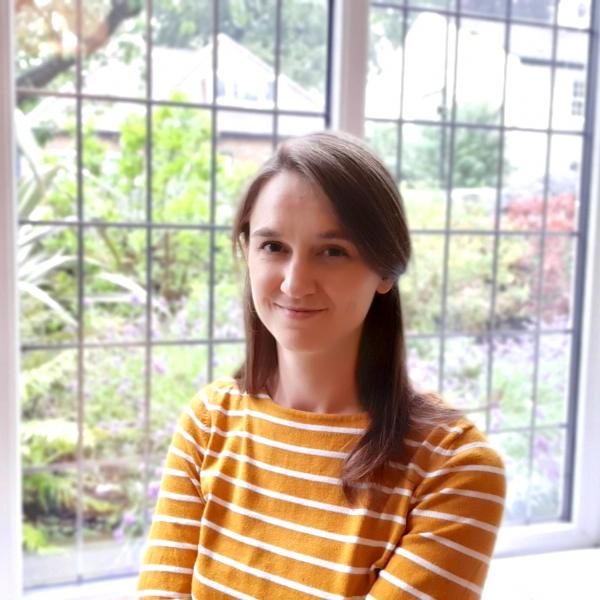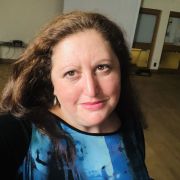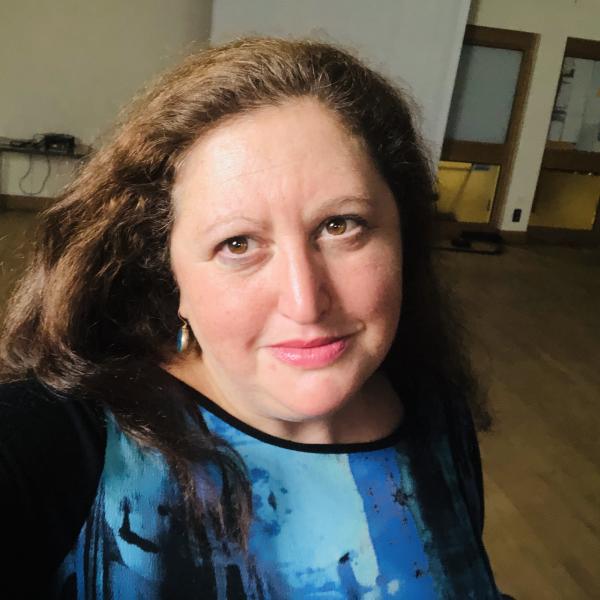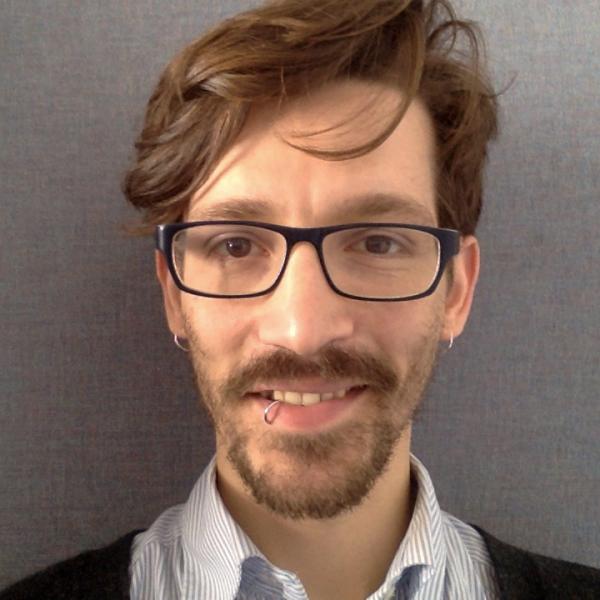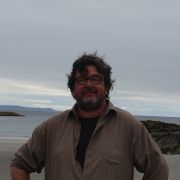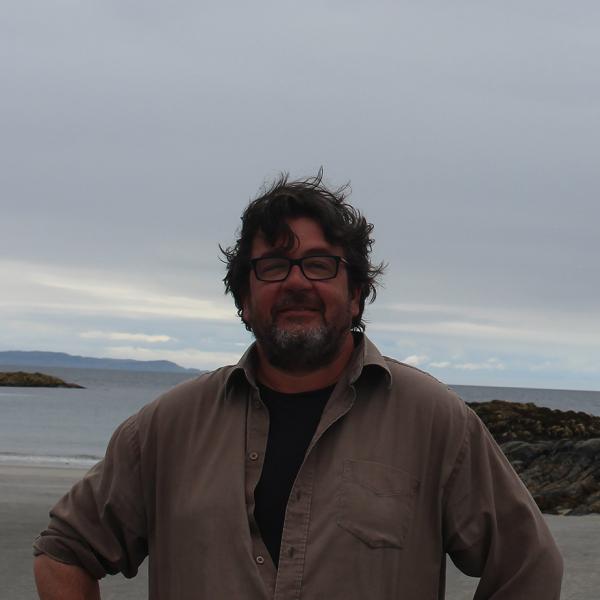Body and mind
The main research themes of the Body and Mind hub seek to put human bodies and minds into geographical, political, social and historical context.

About our research
The Body and Mind hub is a broad space for reflection on what we mean by 'the body' or 'the mind' and how these meanings, capacities and symbolisms have changed over time.
One theme is the notion and meaning of 'disability' and how it intersects with other kinds of identity and in various contexts.
Another focuses upon the emotions and their history, from generalised ideas of 'emotional distress' to specific ideas of 'emotional honesty'. The hub also has a research strength looking at suicide and its social context.
Disease categories, concepts of intoxication, and the practice of science also come under the aegis of the body & mind hub.
Hub activities
The hub hosts a reading group: for the first session we read two classic texts on bodies, Judith Butler's "Bodies that Matter" and Lyndal Roper’s "Oedipus and the Devil".
Julie Gottlieb's Wellcome seed-funded 'Suicide Society and Crisis' project, which ran until April 2019, was related to the hub.
Hub participants have presented at two History Department Seminars:
In October 2018, former and recently submitted Sheffield PhDs presented their work:
- Jose Cree on 'Forming healthy addictions in early modern England'
- Alex Taylor on 'The first social smokers? Tobacco consumption in seventeenth-century England'
- Stephanie Wright on 'Rethinking war disability: the case of Francoist Spain'
- Ryo Yokoe on 'Conceptualising harm: expert knowledge on the liver and approaches to alcohol and health'
In December 2017, Esme Cleall presented on 'Why do the history of disability?' and Chris Millard presented work on 'Why do the history of diagnosis?'.
Hub members
Adrian has written about the popular press's representation of the body (particularly its entrenchment of a 'pin-up culture'), and, more generally, its coverage of gender and sexuality.
He has also participated in a project examining how British newspapers reported on child sexual abuse across the twentieth century.
Lucy's research interests are in the social and cultural history of twentieth-century Britain, in particular the social and cultural changes of the 1950s, 1960s and 1970s.
She is interested in the history of popular psychology, ideas about emotional expression, emotional relationships and emotional health, and the development of a 'confessional' and 'therapeutic' culture in modern Britain.
Claire’s research focuses on health and medicine in the middle ages, and especially the early middle ages, c. 500-1000 AD. While her textual sources (recipes and other medical texts) were written in the Latin west, and thereby ground her work in Europe, Claire’s research investigates connections across Afro-Eurasia during this period in order to explore the movement of knowledge within both global and local contexts.
Esme's work explores the body in nineteenth-century Britain and its Empire. The focus is on disability as she explores the lives and experiences of disabled people as well as the way in which disability is constituted as a category of difference.
Other related research interests include how intersectional identities including race, gender and class were read onto the body.
Kate's research focuses on the history of humour and laughter in eighteenth century Britain.
The activity of laughing itself fundamentally concerns the relationship between mind and body, but through the early modern period laughter was also heavily implicated in questions of manners, bodily control and social interaction, which have been central to historiographical debates about civility and politeness.
Julie's research concerns the history of emotion, mental health, and suicide in Britain, with a focus on the period between 1914 and 1945.
She is particularly interested in the question of the internalisation of international crises, examining the social, political cultural, and medical construction of nervous conditions during the 'war of nerves'.
Chris' research focuses upon the history of medicine and psychiatry. It is centrally concerned with the changing ideas of body-mind relationship in the twentieth century in Britain.
Other related research interests are in the use of ‘personal experience’ in academic and medical writing, and the histories of self-harm, suicide, child abuse, social work and statistics.
Saurabh specializes in the history of medicine and science in colonial India. He has worked, in the past, on public health in the nineteenth century, animals and disease, and on epidemics and their links with mass migration.
His current research is on birdwatching and the history of amateur sciences in the colonies.
Simon's interest in the Body and Mind hub lies in his work on the history of international development and particularly the "biopolitics" of state-building, development, and pacification projects.
Phil's research connects with the themes of the hub in three ways. He is looking at early modern medicine as a realm of 'practical humanism' and the intersections between learned and vernacular healing.
He is interested in historicising how people described and conceived of their minds and bodies in the sixteenth and seventeenth centuries. And he works on the history of intoxicants and intoxication, looking in particular at their relationship to social practices.

